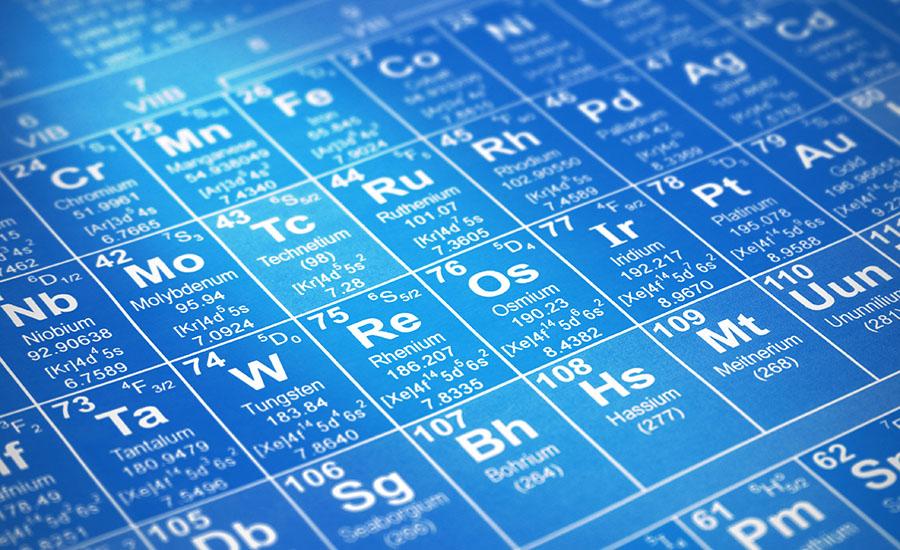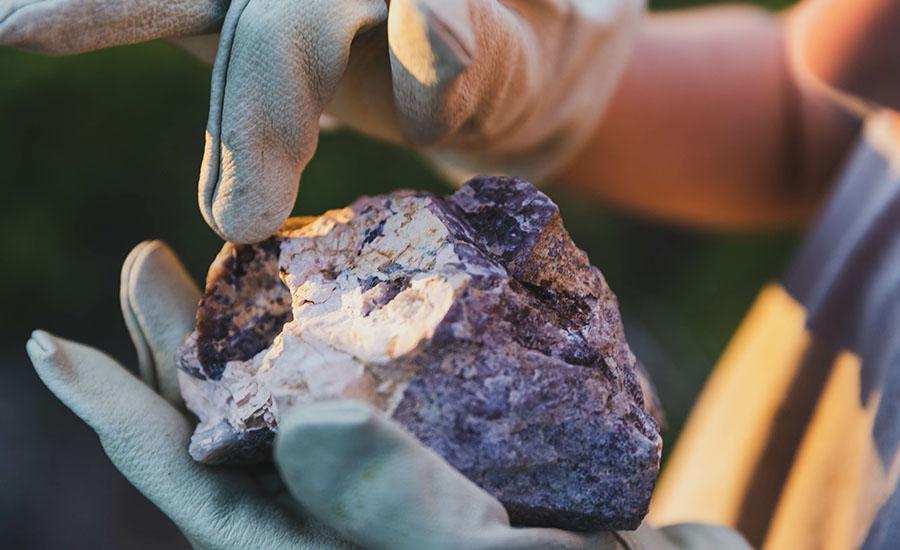
Grades:
9th Grade, 10th Grade, 11th Grade, 12th Grade
In this lesson plan, high school students will explore the concepts of AC and DC currents through hands-on experimentation. The lesson begins with a brief discussion on the fundamentals of alternating





